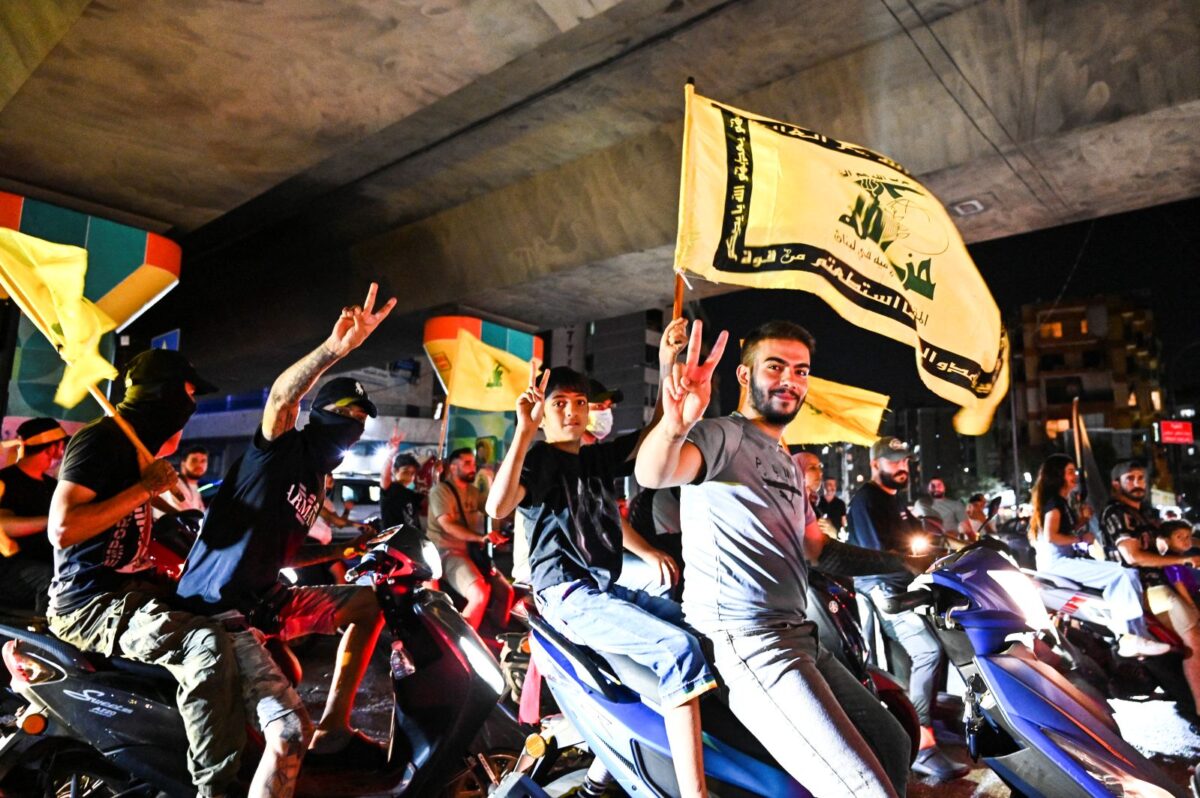
For decades, Hezbollah has relied on a finely tuned survival formula: combine military deterrence with political participation, cultivate deep community legitimacy, and frame every challenge to its arsenal as an attack on national defense. It worked because the party could move fluidly between being a resistance force, a political bloc, and a social safety net, drawing strength from each role when the others came under pressure.
Today, that formula is under strain. The loss of a significant portion of its rocket arsenal before the current ceasefire has weakened its deterrence capacity. More importantly, the Lebanese Army’s recent raids on weapons depots — politically unthinkable just a few years ago — have brought the challenge inside Lebanon’s borders. This is not simply a military test; it is an unprecedented assertion of the state’s right to act against an armed non-state actor.
Hezbollah’s answer has been to reach for its oldest reflex: deny the legitimacy of the challenge, inflate the political cost of pressing forward, and frame disarmament not as a partisan demand but as a national humiliation. For decades, the party has perfected this formula: turning every threat to its weapons into a threat to Lebanon itself, forcing opponents to contend not only with Hezbollah’s fighters but with the idea that disarming the party is tantamount to disarming the country.
By insisting that “the entire people” will confront the government if it proceeds, Hezbollah engages in deliberate conflation. It is not speaking to all Lebanese; it is speaking to its own base while projecting that base as a stand-in for the nation. In fractured societies, this can be a powerful tactic: monopolizing patriotism by claiming a singular right to defend the homeland.
But Lebanon has changed. The political map is more fragmented than at any time in recent memory, and the party’s base, while still substantial, is neither universal nor unshakable. What once sounded like a unifying call to national defense now increasingly registers — even among some supporters — as a partisan defense of privilege and impunity. In trying to speak for the nation, Hezbollah risks revealing just how small a portion of it it truly commands.
In strategic terms, this is a dangerous mismatch between self-perception and reality. Hezbollah still behaves as if it can rely on the same blend of deterrence, political leverage, and community mobilization that sustained it for years. But each pillar is weaker than before, and the tools that once guaranteed survival now risk accelerating decline.
If Hezbollah cannot adapt — if it cannot redefine its role, end its armed presence, and integrate into a state framework that commands broader legitimacy — clinging to its current posture will not preserve it. It will be a slow suicide, an ongoing erosion of relevance and credibility.
The laws of political survival are not so different from the laws of nature: those who fail to adapt eventually disappear. Hezbollah still has the chance to evolve into a different kind of actor, one that can survive in a Lebanon where armed factions no longer dictate the rules. The question is whether it will seize that chance, or continue down a path where each statement of defiance sounds less like strength and more like the final words of a fading order.
Ramzi Abou Ismail is a Political Psychologist and Senior Research Fellow at the Institute for Social Justice and Conflict Resolution at the Lebanese American University.
The views in this story reflect those of the author alone and do not necessarily reflect the beliefs of NOW








